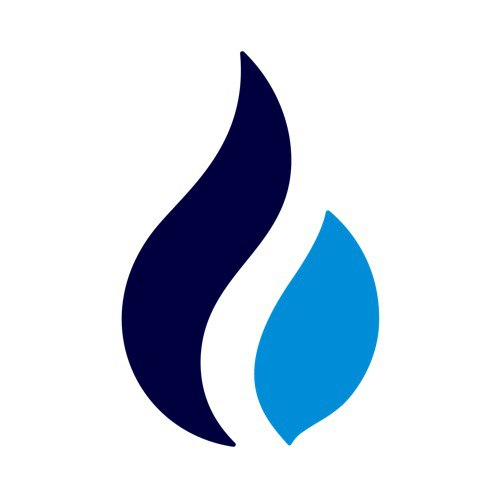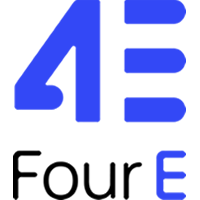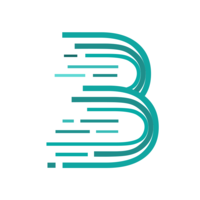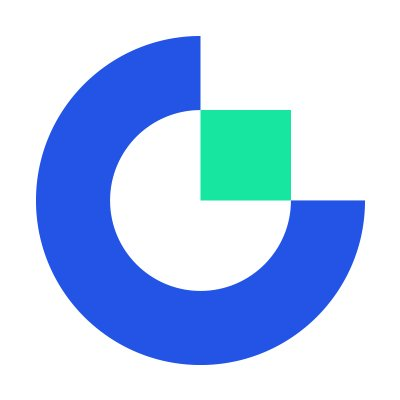
API3
项目开始时间

2020年12月1日
关于
1. Background IntroductionAPI3 is a decentralized API (dAPI) project that aims to provide blockchain applications with real-world data in a trust-minimized and decentralized manner. It was founded as a successor to the API economy, focusing on bridging the gap between traditional APIs and blockchain smart contracts. The project is built on the Ethereum blockchain and emphasizes first-party oracles, where data providers themselves operate the oracles, enhancing transparency and reducing middlemen.2. Core Website ContentThe API3 website primarily focuses on explaining its decentralized API solutions, including Airnode (a first-party oracle node), dAPIs (decentralized APIs), and the API3 DAO (Decentralized Autonomous Organization). Key sections include whitepapers, developer documentation, governance details, and partnerships. The site also highlights use cases across DeFi, insurance, and other industries requiring reliable off-chain data.3. Technical FeaturesAPI3's technology revolves around Airnode, a serverless oracle node that allows API providers to serve data directly to blockchains without intermediaries. Key features include: (1) First-party oracles for reduced attack surfaces, (2) dAPIs as aggregated data feeds, (3) QRNG (Quantum Random Number Generation) for tamper-proof randomness, and (4) DAO-governed ecosystem. The project supports multiple blockchains through its cross-chain capabilities.4. Token EconomicsThe API3 token serves multiple purposes: (1) Governance token for the API3 DAO, (2) Collateral for dAPI insurance, (3) Payment for API services, and (4) Staking rewards. The total supply is capped, with tokens distributed to founders, team, investors, and the ecosystem. Staking mechanisms align incentives between data providers and consumers, creating a circular economy around data services.5. Similar Competitor ComparisonAPI3 competes with oracle projects like Chainlink, Band Protocol, and Tellor. Key differentiators: (1) First-party vs. third-party oracles (Chainlink uses node operators), (2) DAO governance model vs. more centralized alternatives, (3) Airnode's serverless architecture vs. traditional oracle node setups, and (4) Focus on API providers as direct participants rather than middlemen. API3 positions itself as more cost-efficient and transparent for API providers.6. Risks and ChallengesMajor challenges include: (1) Adoption competition from established oracle networks, (2) Technical complexity in maintaining first-party oracle security, (3) Regulatory uncertainty around DAOs and tokenized services, (4) Dependency on API providers' willingness to participate directly, and (5) Smart contract vulnerabilities affecting dAPIs. The project must also navigate multi-chain interoperability challenges.7. Industry FutureAs blockchain applications expand beyond finance into IoT, enterprise, and government sectors, demand for reliable real-world data will grow exponentially. API3's first-party oracle model could become increasingly relevant as regulatory scrutiny increases and transparency requirements tighten. The project's success hinges on broader adoption of DAO governance models and the ability to onboard traditional API providers into Web3 ecosystems.8. SummaryAPI3 presents an innovative approach to blockchain oracles by eliminating intermediaries and empowering API providers. Its technical architecture and token economy are well-designed for long-term sustainability, though it faces significant adoption hurdles against entrenched competitors. The project's viability will depend on execution in developer onboarding, cross-chain expansion, and maintaining security as the ecosystem scales. If successful, API3 could redefine how smart contracts interact with real-world data. 更多>





























































 看多
看多
 看空
看空